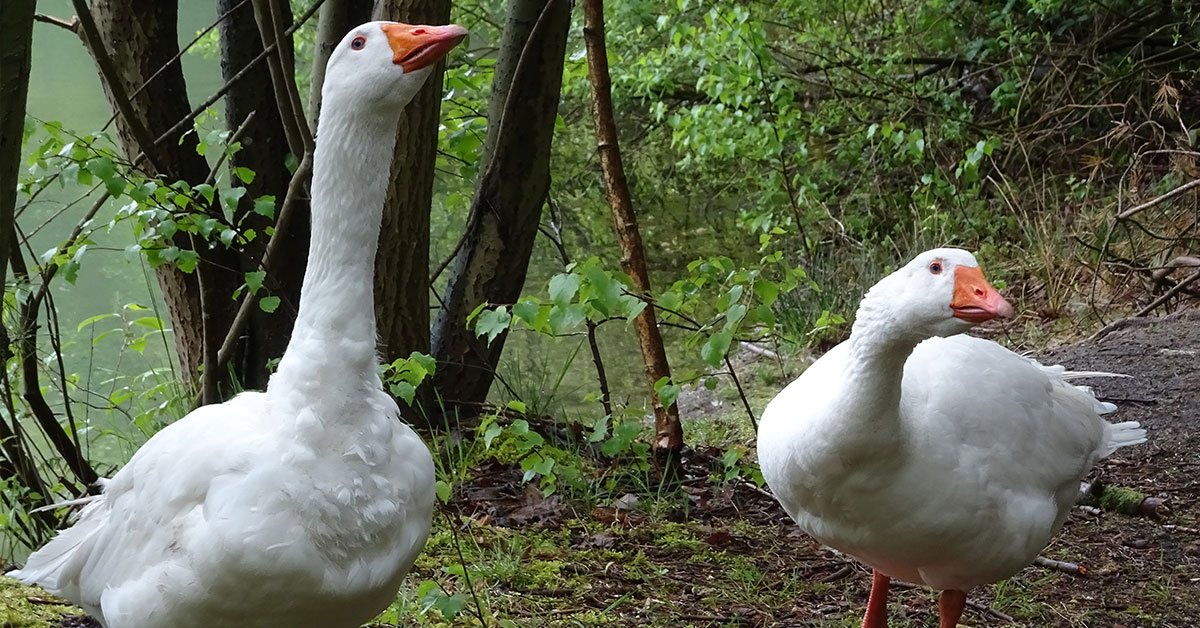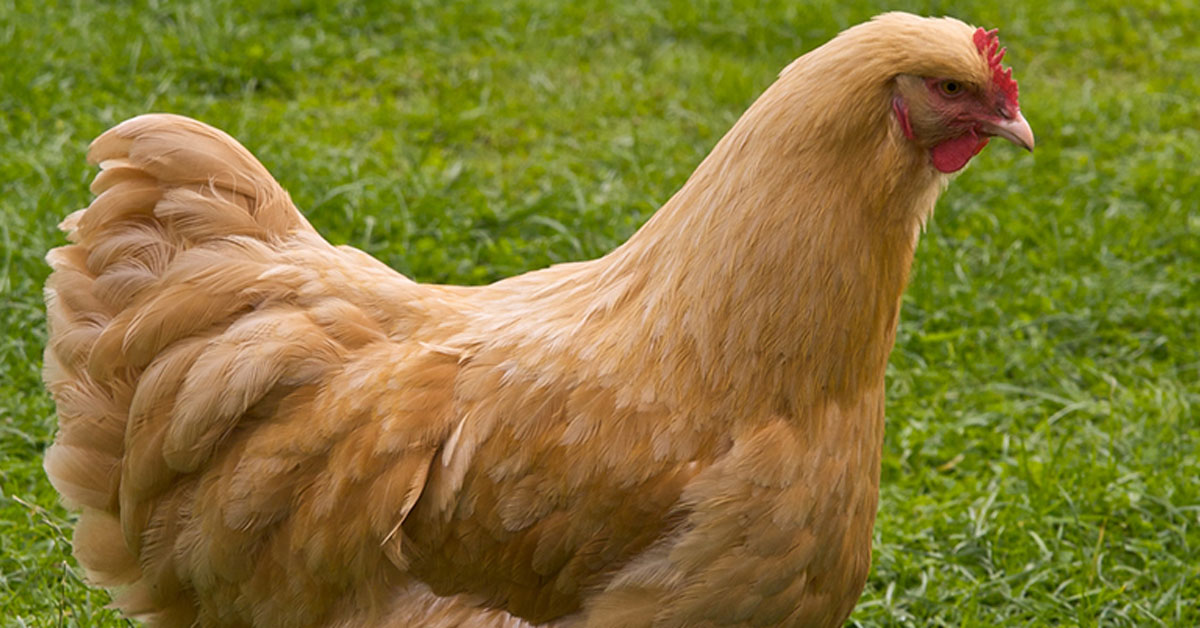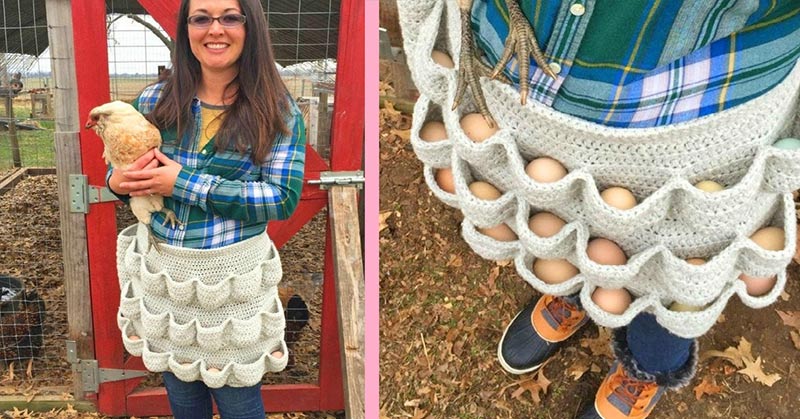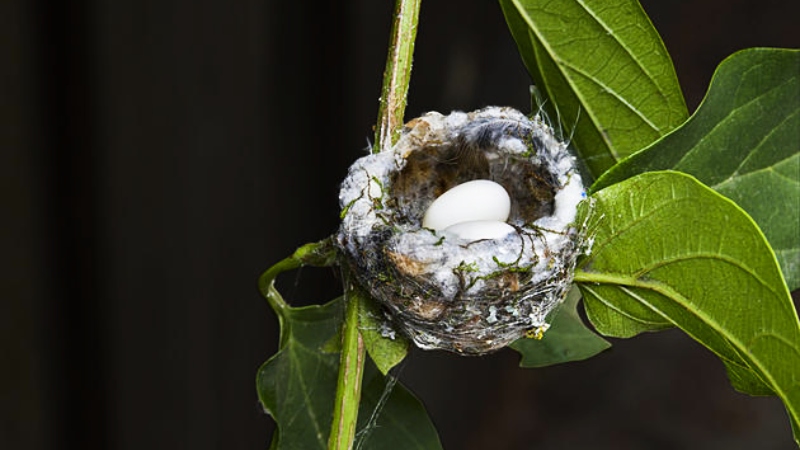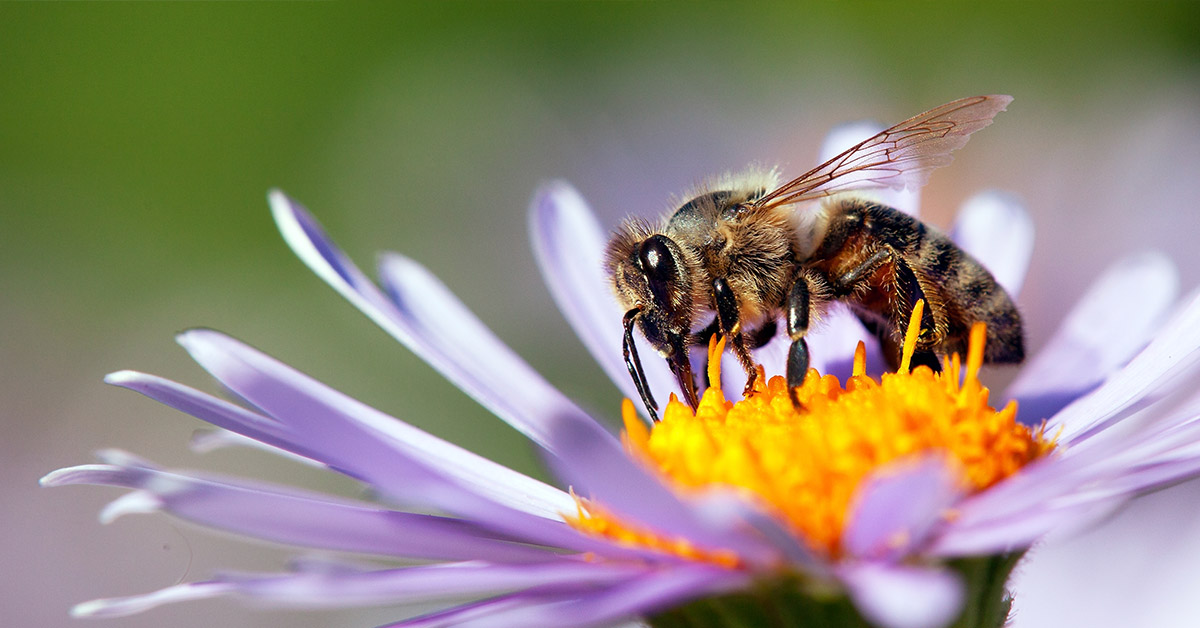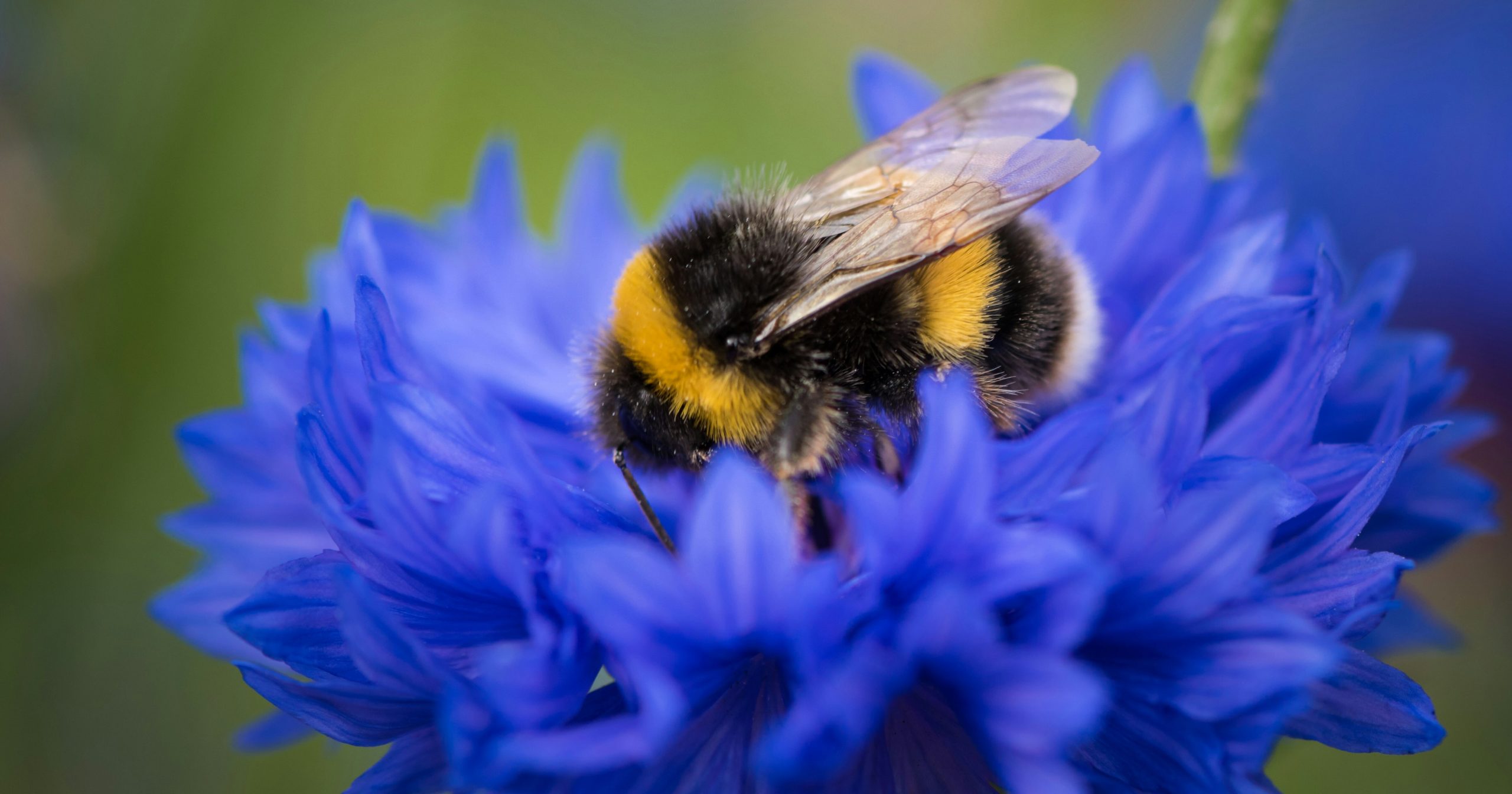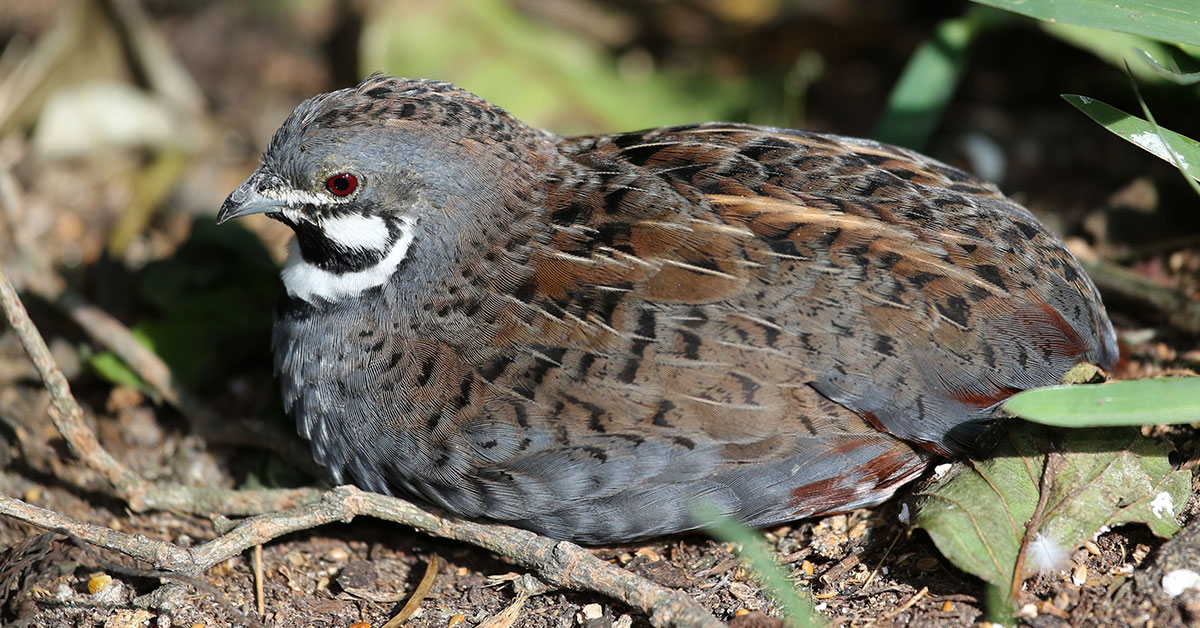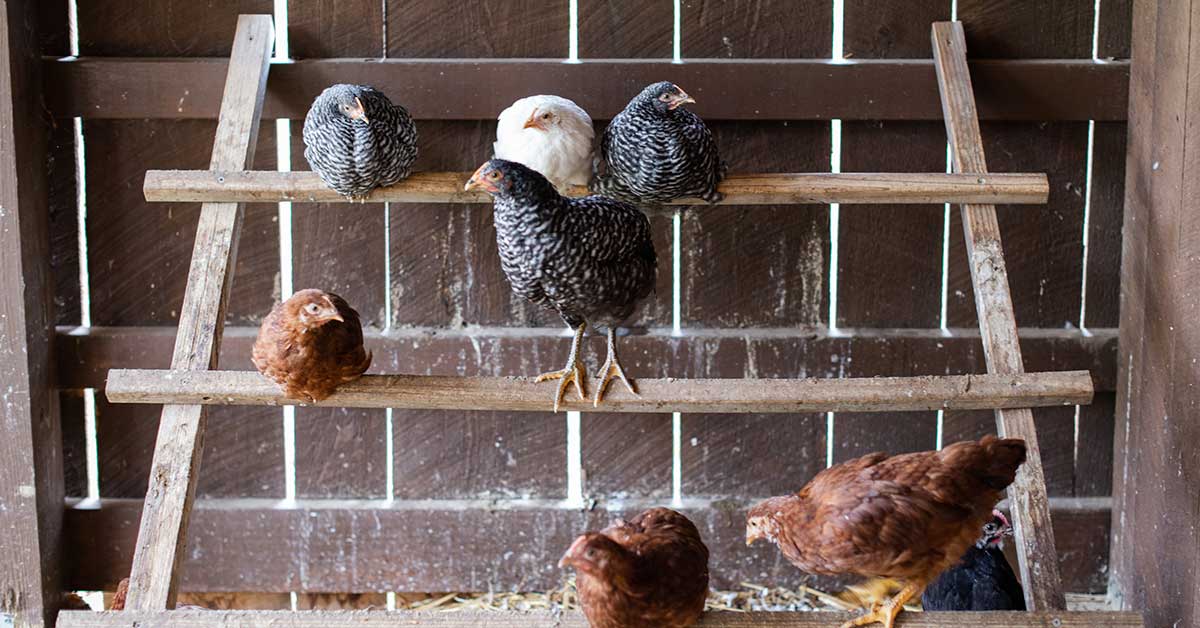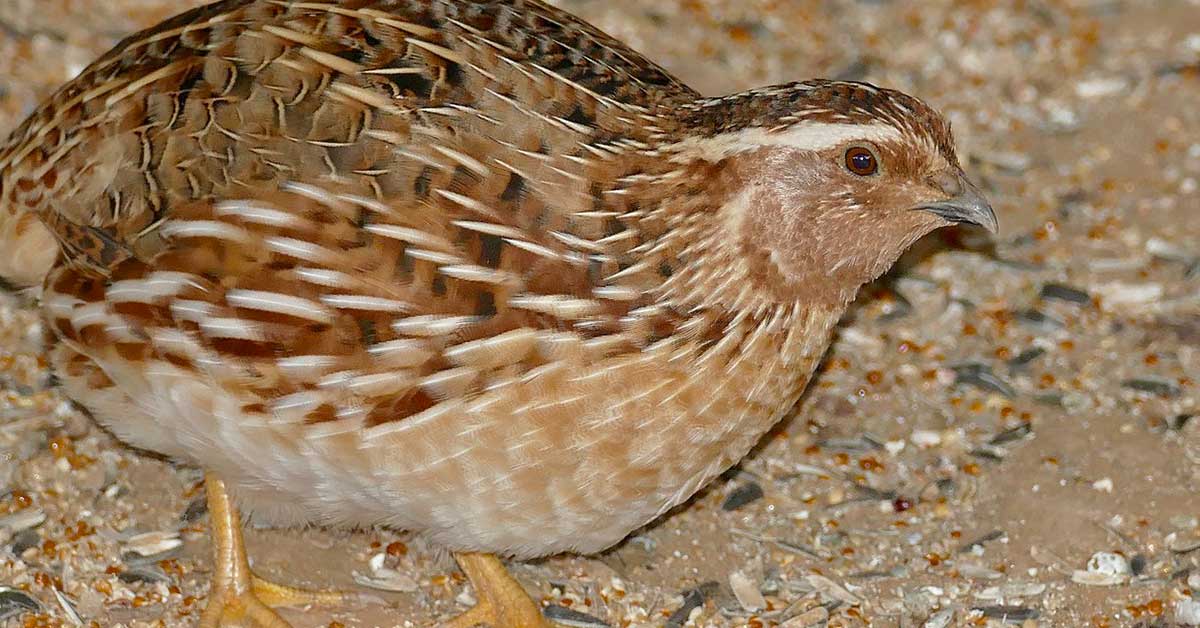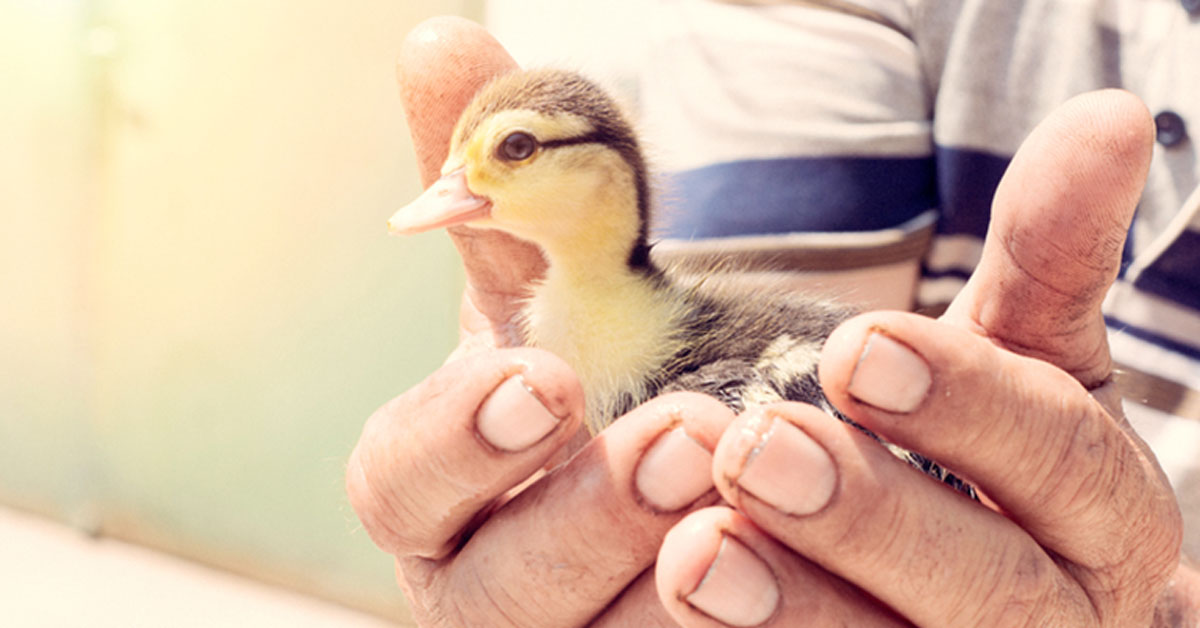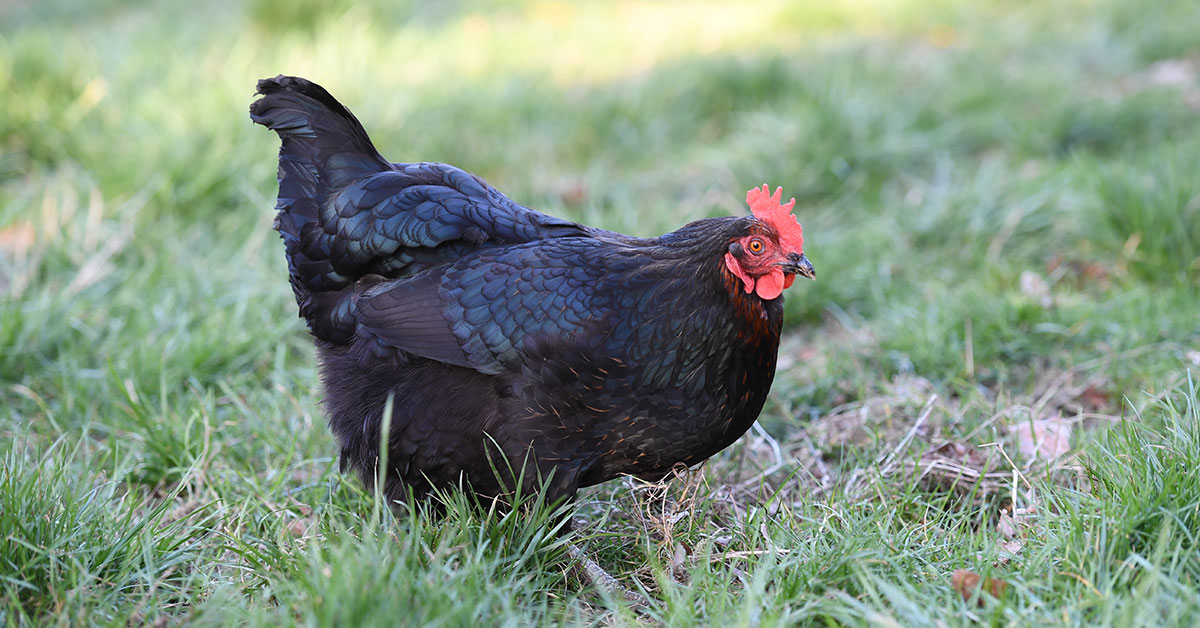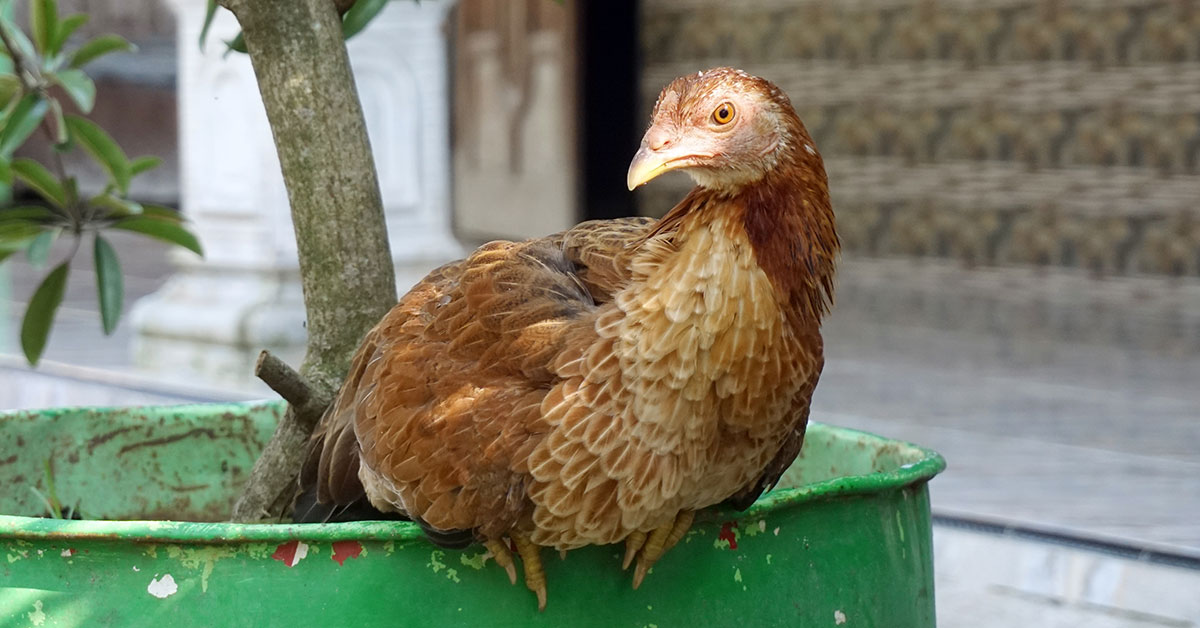Emden geese, also known as German geese, are a breed of domesticated geese that originated in Emden, Germany. They are a popular breed among backyard farmers and homesteaders for their meat, eggs, and ornamental value.
Emden geese are a good breed for backyard farmers for several reasons. Firstly, they are docile and friendly, making them easy to handle and a good choice for families with children. They are also relatively low-maintenance, requiring minimal care and attention.
These geese are hardy birds that are well-suited to a variety of climates and can tolerate both hot and cold temperatures. They are also good foragers and can find much of their own food, reducing the cost of feeding them.
Appearance
Emden geese are large birds with a stately and elegant appearance. They have a distinctive long neck and a slightly curved head that gives them a regal bearing. The average height for Emden geese is 30 to 34 inches, with males being slightly larger than females.
Their plumage is pure white with no other markings. They have a broad and deep chest, with strong, sturdy legs and feet that are orange in color. They have a strong, wide bill that is also orange, which helps them to forage for food in the water or on land.
One of the most striking features of this breed is its large wingspan, which can reach up to six feet. Their wings are also strong and powerful, allowing them to fly for short distances if necessary.
Temperament
Emden geese are known for their calm and gentle temperament, making them a popular choice among backyard farmers and homesteaders. They are sociable and enjoy being around other geese, as well as their human caretakers. They are also good guardians, as they are naturally protective of their flock.
These geese are not aggressive and are unlikely to attack humans or other animals. However, they can be territorial and may become aggressive if they feel threatened or if their young are in danger. It is important to provide Emden geese with adequate space and resources to reduce the likelihood of territorial behavior.
Emden geese are intelligent and can be trained to follow commands, such as coming when called or going to a specific area. They are also known to be curious and will investigate new objects or surroundings.
Overall, Emden geese have a gentle and friendly temperament, making them a good choice for families with children or those looking for a peaceful and sociable flock.
Purpose
Emden geese can be raised for both meat and eggs. The meat of this breed is said to be delicious, with a rich and flavorful taste. The eggs of Emden geese are also large and flavorful, making them a popular choice among backyard farmers.
Emden geese typically begin laying eggs at around 9 months of age, although some may start as late as 10 months. The exact timing can depend on factors such as the bird’s diet, environment, and overall health and well-being.
In general, female Emden geese will begin to show signs of sexual maturity at around 5-6 months of age, when their combs and wattles start to develop and they become more vocal and active. However, it may take a few more months before they start laying eggs regularly.
Once they begin laying, Emden geese can produce a large number of eggs, with some hens laying up to 50-60 eggs per year. The eggs are typically large and creamy-white in color, and are highly valued for their rich and flavorful taste.
Origins of Emden Geese
Emden geese originate from the town of Emden in northern Germany, where they were first bred in the early 19th century. They were developed from a mix of local breeds, including the German Pomeranian and the Brecon Buff, and were bred primarily for their meat and eggs.
In the mid-19th century, they were exported to England, where they quickly gained popularity and were selectively bred for their size and meat quality. They were then imported to the United States in the late 19th century, where they became one of the most popular domesticated goose breeds.
Today, this breed is found all over the world, and are known for their excellent meat and egg production as well as their calm and friendly temperament. They continue to be bred for their size and quality, making them a popular choice for backyard farmers and commercial producers alike.
What Do Emden Geese Taste Like?
Emden geese are known for their tender and flavorful meat, which is often compared to that of a turkey or a high-quality lean beef. The meat is rich and juicy, with a slightly gamey flavor that is not overpowering.
The texture of Emden goose meat is smooth and succulent, with a moderate level of fat that adds to its flavor and tenderness. The breast meat is particularly prized for its tenderness and juiciness, while the dark meat is denser and more flavorful.
They are also valued for their large and flavorful eggs, which have a rich and creamy taste. The egg yolks are typically larger and more vibrant in color than those of chicken eggs, making them a popular choice for baking and cooking.
How To Sex Emden Geese
It can be difficult to sex Emden geese when they are young, but as they mature, males will typically have a larger, more curved neck and head, while females will have a smaller, more delicate neck and head. Additionally, males will often make a honking sound, while females will make a softer, more gentle noise.
How Long Do Emden Goose Eggs Take To Hatch
Emden goose eggs take around 28-35 days to hatch, depending on the incubation temperature and humidity. The eggs are large and can weigh up to 7 ounces each. Emden geese are excellent parents and will diligently care for their eggs and young. However, if you are incubating eggs yourself, it is important to monitor the temperature and humidity carefully to ensure successful hatching.
Caring For Pet Geese
Caring for pet geese can be a rewarding and enjoyable experience, but it also requires a significant amount of time, effort, and knowledge. Here are some basic guidelines for caring for pet geese:
- Housing: Geese need a safe and secure place to live, preferably with access to water for swimming and bathing. A sturdy, predator-proof shelter is essential, as geese are vulnerable to attack from predators such as raccoons, foxes, and dogs. The shelter should be spacious enough to allow the geese to move around freely and provide adequate ventilation. Geese also need a nesting area where they can lay their eggs.
- Feeding: Geese are herbivores and require a diet that is high in fiber and protein. A balanced diet should include a variety of foods, such as grass, grains, vegetables, and fruit. Geese also require access to fresh water at all times.
- Health care: Geese require regular veterinary care, including vaccinations and routine check-ups. It’s important to monitor their health closely and watch for signs of illness, such as loss of appetite, lethargy, or respiratory issues. Geese are susceptible to a variety of health issues, including parasites, respiratory infections, and injuries.
- Exercise: Geese need plenty of space to exercise and forage, ideally in a large outdoor area where they can graze on grass and other vegetation. They also enjoy swimming and bathing, so access to water is important.
- Socialization: Geese are social animals and thrive in groups. It’s important to provide them with companionship, whether from other geese or from other animals, such as ducks or chickens.
Overall, caring for pet geese requires a significant amount of time, effort, and knowledge. It’s important to research the specific needs of your geese and provide them with a safe and healthy environment. With proper care and attention, pet geese can be a rewarding and enjoyable addition to your household.
